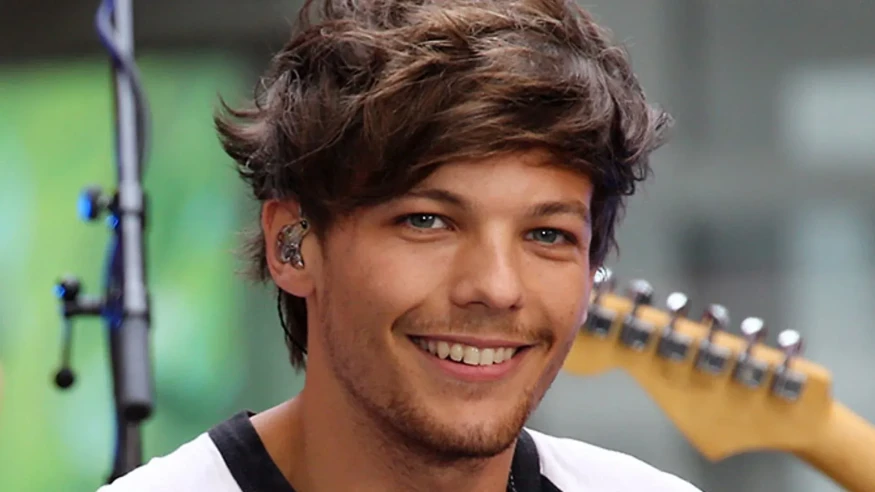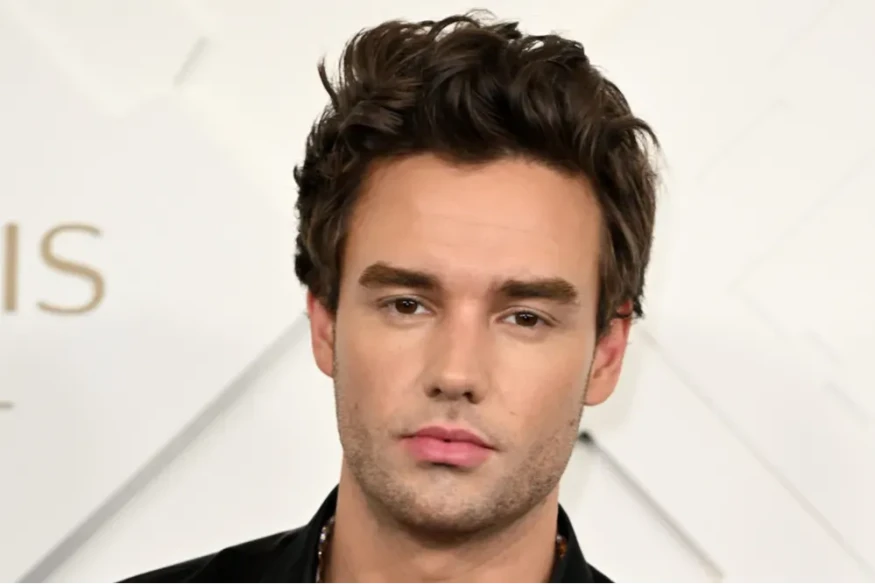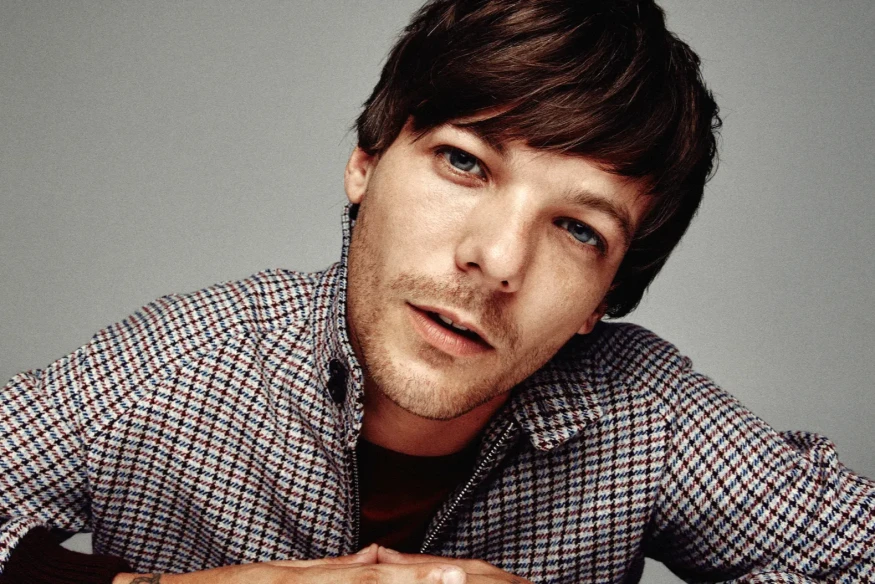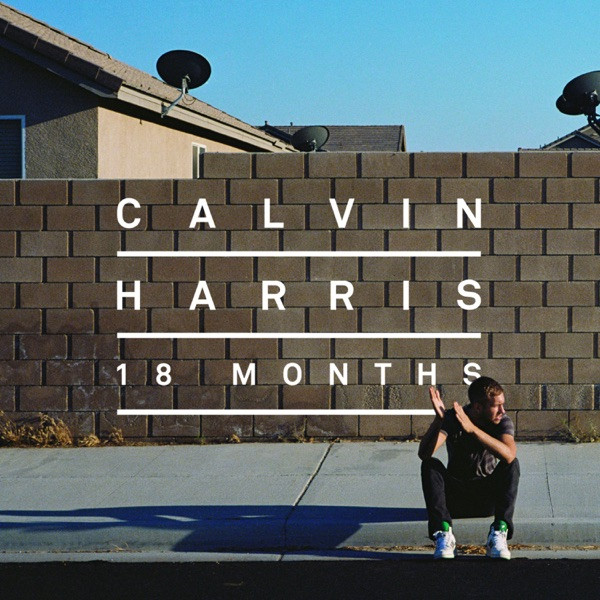
Louis Tomlinson reflects on the loss of Liam Payne in one of his most personal interviews to date. Speaking with raw honesty, the One Direction star reveals how grief reshaped his life, his music, and his understanding of friendship
Louis Tomlinson has never shied away from honesty, but his latest interview might be his most personal yet. Speaking to Rolling Stone UK, the former One Direction star opened up about the loss of Liam Payne — a friend, a bandmate, and a part of his musical past that still echoes through his life. With a quiet tone and a steady heart, Tomlinson reflected on the pain of losing someone who helped shape one of the biggest pop groups of all time.
“Nothing prepares you for something like that,” he admitted. “It was really hard — almost impossible to process.”
Liam Payne passed away in October 2024 while staying at a hotel in Argentina. His sudden death shocked fans and left the One Direction family reeling. For Tomlinson, the grief hit in waves — intensified by the band’s upcoming 15th anniversary. “It had a different weight this time,” he said. “It was the first one without Liam. And that broke me.”
As he spoke, there was no trace of media polish — just the rawness of someone who’s learned that fame doesn’t shield you from pain. Louis Tomlinson described the period that followed as “the hardest of his life,” explaining how he turned to music not as an escape but as a way to survive.
“I thought that because I’ve dealt with loss before, I’d somehow be better at handling it,” he said, referencing past personal struggles. “But it doesn’t work that way. Losing a friend is something else entirely. You can’t make sense of it — you can only feel it.”
Throughout the conversation, Tomlinson spoke with deep respect for Payne, crediting him as one of the key figures who helped define One Direction’s early identity. “He was the most confident of all of us,” he recalled. “When we started out, we were just kids — completely untested — and Liam had this sense of calm, this natural self-assurance. He understood the stage, his voice, who he was. He was one step ahead.”
Tomlinson also revisited the heartfelt message he posted after Payne’s death — a public statement that sought to remind fans who Liam really was. “I wanted people to remember the truth,” he said. “Liam wasn’t just talented — he had real integrity. He was the heartbeat of the band. His voice, his presence, his professionalism — he gave everything he had to what we built.”
In the weeks that followed the tragedy, Louis said he was moved by the outpouring of love from fans around the world. “It was overwhelming in the best way,” he shared. “The fans showed so much respect. It reminded me that the connection between us — between all of us from that time — is still there. Even now, the music brings us back to him.”
Tomlinson didn’t avoid the more complex parts of Payne’s legacy either. He acknowledged how, in recent years, the media had often portrayed Liam unfairly. “He was misunderstood a lot,” Louis explained. “People forget how sensitive he was. Sometimes he’d say things that came out wrong, but there was never bad intent. He cared deeply — he just didn’t always know how to express it.”
The remark referred, in part, to a 2022 interview in which Payne made comments about the band’s dynamics that drew criticism online. Louis’s perspective, though, was simple: context matters, and friendship lasts longer than headlines. “People were quick to judge,” he said, “but those who knew him knew his heart. Liam just wanted to be accepted, like anyone else.”
What shines through in Louis Tomlinson’s reflections is maturity — the quiet understanding that comes with both grief and gratitude. He spoke about channeling his emotions into his latest creative projects, using songwriting and performing as his form of therapy. “Music is where everything still makes sense,” he said softly. “That’s where I can still feel him. He’s there in the melodies, in the energy of the shows, in the connection with the fans. It’s the only place where loss feels lighter.”
Since Payne’s passing, Tomlinson has thrown himself into work, continuing to tour and write music that feels more introspective than ever. Fans have noticed it too — the tone of his recent performances carries a depth and stillness that wasn’t always there before. “It’s strange,” he admitted. “I feel closer to Liam when I’m on stage. Maybe because we started there together. It’s like he’s still part of it somehow.”
Despite the pain, Tomlinson remains grounded and thankful for the bond the band once shared. “One Direction was an incredible experience — bigger than any of us realized at the time,” he said. “Everything we did then still carries a piece of Liam. He’s always going to be part of that story.”
When asked about how he wants fans to remember his late friend, Louis paused for a moment before answering. “I hope people remember Liam as real,” he said. “He was honest, even when it wasn’t easy. People see the fame, the charts, the tours — but they don’t always see the pressure. What he wanted, more than anything, was to be understood.”
That sentiment — empathy — runs through everything Tomlinson says. It’s clear that for him, the pain of loss has reshaped his view of what really matters. “Some friendships don’t end,” he reflected near the end of the interview. “They just change form. Liam’s still part of my life — just in a different way.”
The honesty in his words is striking. There’s no attempt to dramatize or perform grief — only to acknowledge it. For a generation that grew up watching One Direction evolve from teenage idols to solo artists, the vulnerability in Tomlinson’s voice resonates deeply. It’s a reminder that even pop stars live through the same emotions that define us all: love, regret, memory, and the search for peace.
In a time when the music industry often moves too fast to pause, Louis Tomlinson’s reflection stands out for its sincerity. It’s not about nostalgia or fame; it’s about friendship and what it means to keep someone alive through art.
“Music is the one place where everything still connects,” he said. “That’s where I’ll always find him.”







